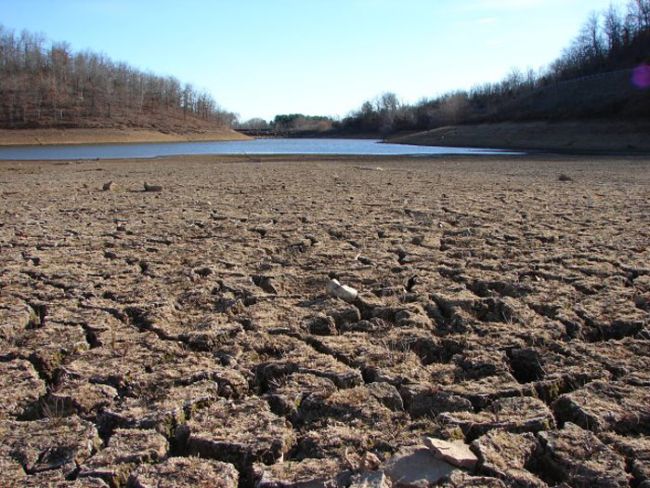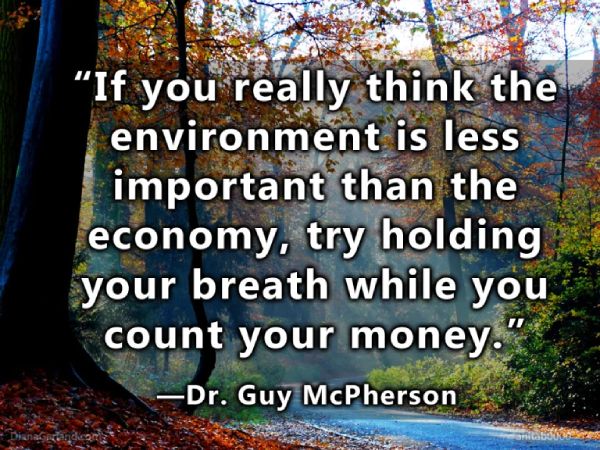TEHRAN (FNA)- Iran's Ambassador and Permanent Representative to the United Nations Amir Saeed Iravani cautioned that the world is at a sensitive juncture over water shortage, and said several nations are faced with water crisis and more others will face the challenge very soon.
Iravani stressed that Iran is not like other targeted countries which are subjected to unilateral coercive measures to be affected, but achieving sustainable development objectives, like pure water and health are facing obstacles.
The envoy who was speaking on Friday at the United Nations Water Conference added that the world is at a sensitive juncture now, in which many countries are faced with water crisis and many others will face that challenge very soon.
The Iranian diplomat stated that this is a global challenge, in which real partnership for mobilizing the required international facilities, science and technology transfer aimed at boosting capacities in sustainable water resources management in developing countries is necessary.
"In order to achieve shared objectives in water field, multilateralist support and solidarity, as well as regional and international cooperation must be fortified, and the UN must shoulder its vital responsivity in this respect," he underlined.
Iran's permanent ambassador to UN reiterated that the Islamic Republic of Iran has a semi-arid country with limited water resources, is experiencing the effects of the global climate changes and is therefore, like many other parts of the world under the destructive effect of deteriorating natural environment. Those effect include changes in precipitation pattern, lingering draughts, heat stress, sand and dust storms, air and water pollution, erosion of soil, and loss of natural environments and habitats.
He underscored that it is a natural right and basic need of the Islamic Republic of Iran to try to provide pure drinking water for its citizens and will continue its efforts in that field.
The Iranian envoy stressed that Tehran has devised its Strategic National Water Management Program, after consultations with a broad range of concerned state and private sector bodies, and planned its political priorities for achieving the objectives of National Development Plans in five fields, namely water management, information and data collection, mobilizing the required financial assets and development of capacity-generating.
Back in late February, Iranian Foreign Minister Hossein Amir Abdollahian cautioned that foreign interference, war and terrorism in the region have caused horrific impacts on the environment, and called for political will, appropriate resources and further coordination and cooperation among the regional nations in order to overcome the crisis.
Amir Abdollahian made the remarks in a message to the first national conference on diplomacy and extra-territorial environmental challenges.
The minister said that foreign interference, terrorism and waging insecurity and instability in some of the regional countries have marginalized environmental issues.
"Human interventions in the environmental cycle and its destruction of water resources, energy, and territorial damages have caused real concerns for the development and management of societies," he added.
The senior diplomat stated that "this situation has made the sustainable management of the environment face serious obstacles and land degradation."
"The wars and crises of the last few decades in West Asia have weakened or destroyed the existing infrastructure for cooperation in various fields, including the environment," Amir Abdollahian continued.
"Destruction of water resources and wetlands, damage to biological resources, and land degradation have been in a way that decades of close regional cooperation are required to restore these huge resources," the foreign minister concluded.
Iranian officials called on the regional states to increase cooperation and coordination to resolve the environmental problems in the region.
Back in mid-July, Iranian President Seyed Ebrahim Rayeesi described the hegemonic approach of the Western countries, their unlimited encroachment on natural resources and the production of various pollutants as the main factors of environmental destruction.
Pointing out that Iran is one of the countries that has paid attention to the issue of the environment in its constitution and has introduced it as a requirement for the growing social life of mankind, he clarified, "The destruction of the environment, which in itself is the result of social and political inequalities, as well as the wrong use of nature, are one of the important factors in the violation of human rights."
The current world is facing many environmental problems beyond geographical and political borders, the president said, adding, "In the West Asian region, we are facing many environmental problems, including climate change, dust storms, and pollution of biological resources."
"Undoubtedly, the reduction of biological and food security, the creation of pollution, the indiscriminate harvesting of non-renewable resources and the reduction of biodiversity have led to a decrease in public welfare and a negative impact on the economy and health of the residents of these areas," he underscored.
"On the other hand, the greed of the domination system, terrorism, depriving the governments and nations of the region from knowledge, technology and participation in decision-making have caused irreparable environmental challenges," Rayeesi underlined.






